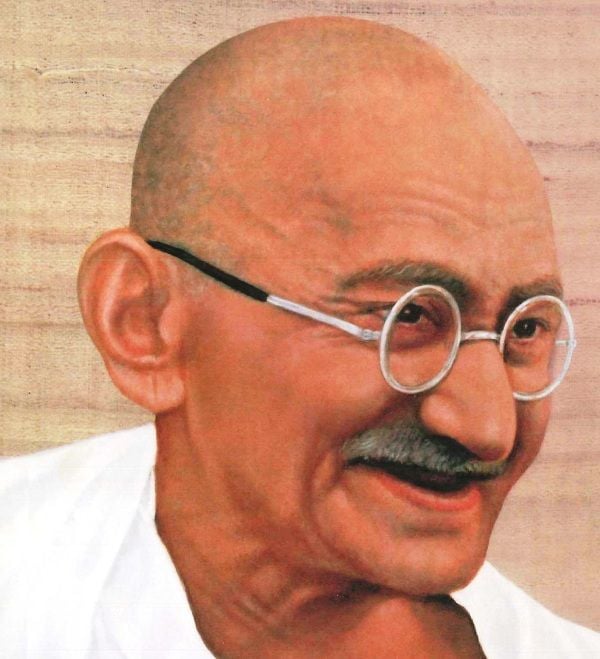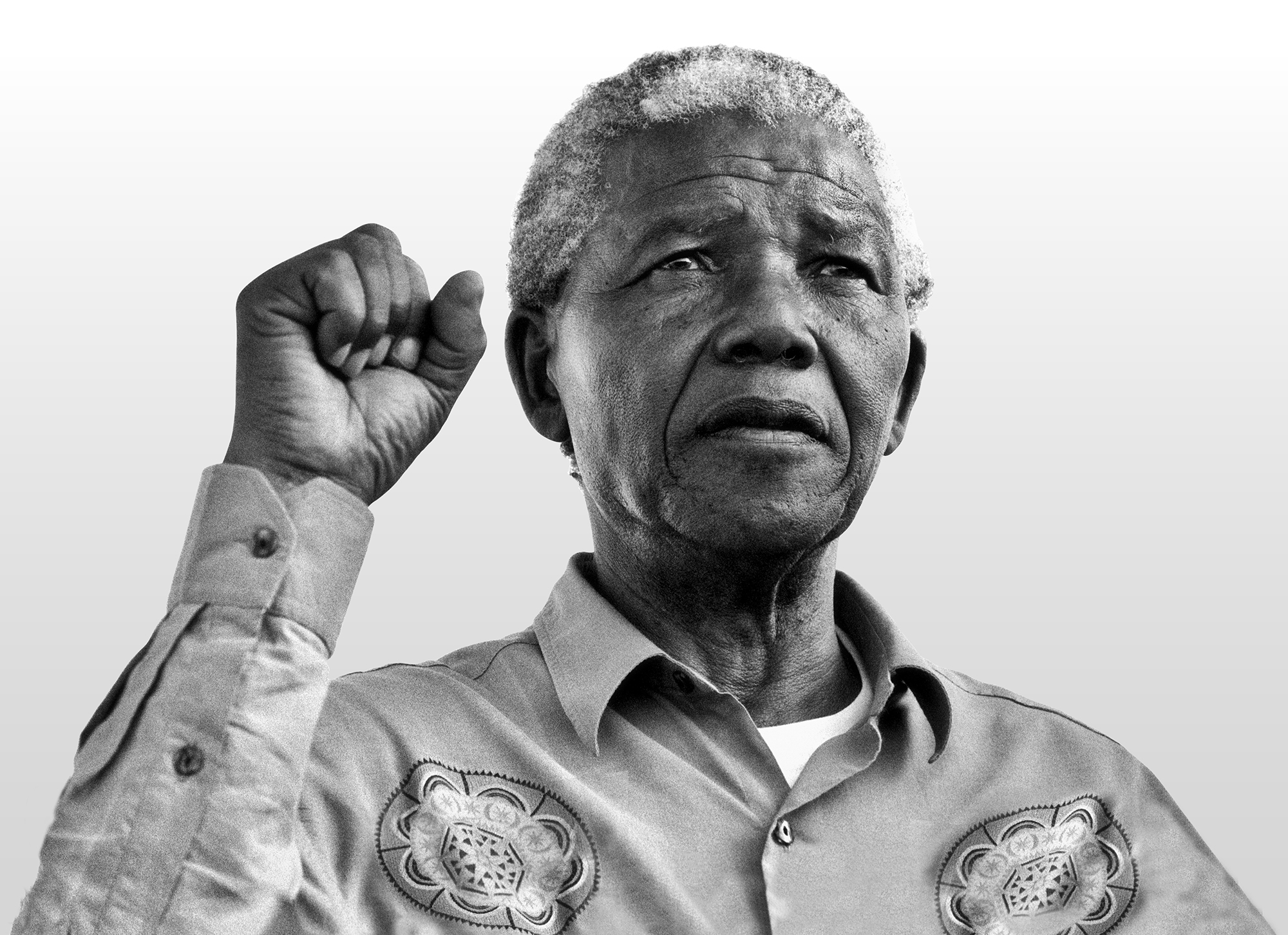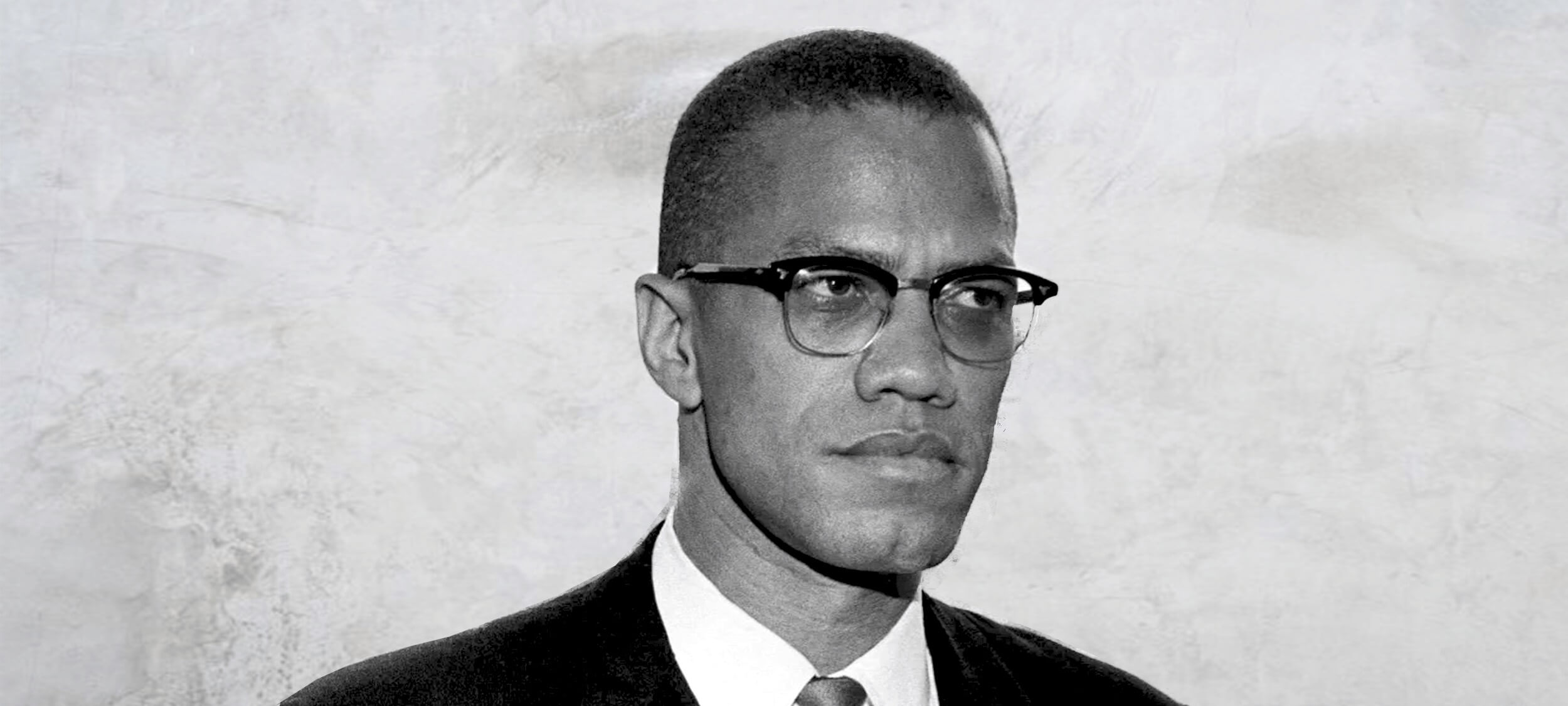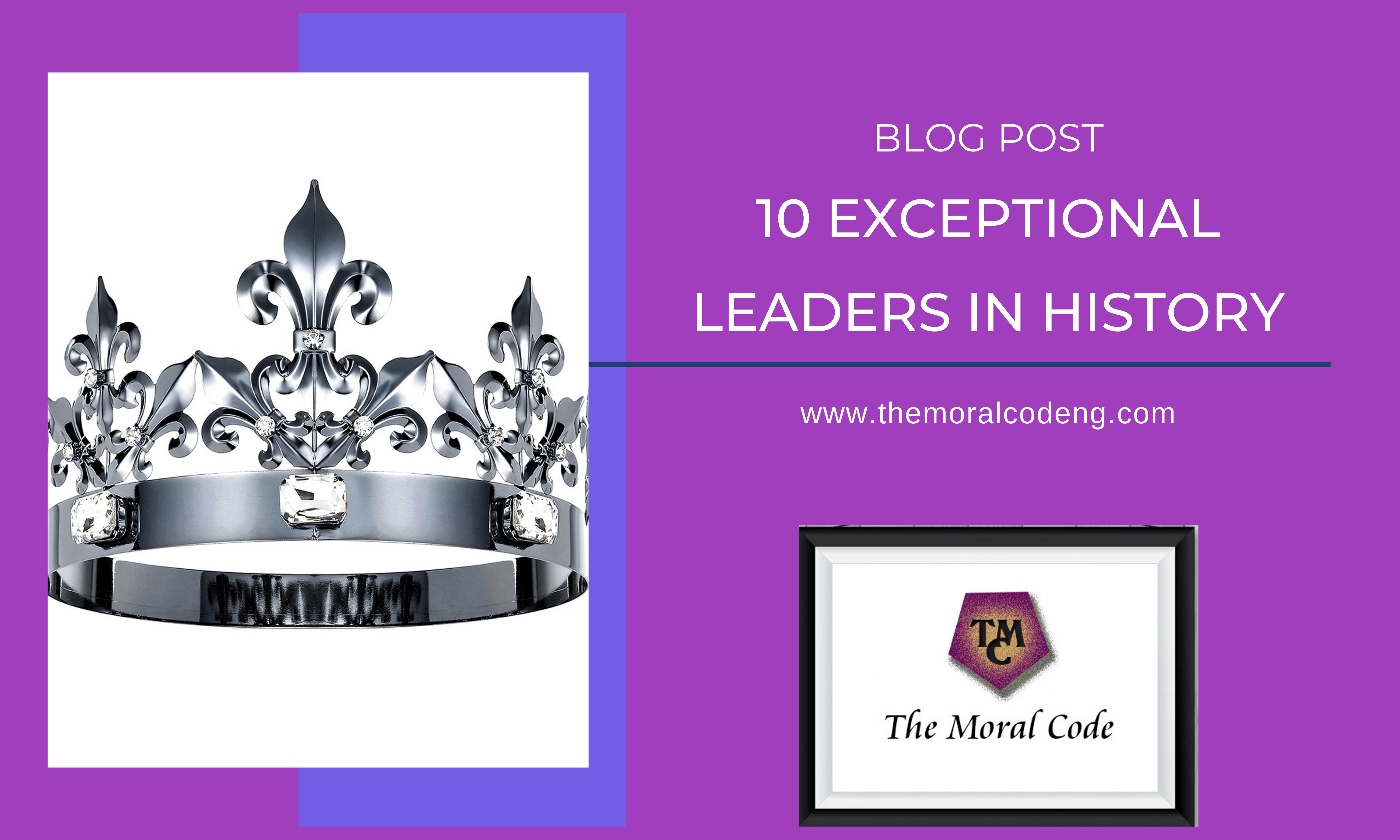The most crucial and the most important time for a leader to show their true worth is in the face of adversity. These great people mentioned below not only influenced their followers in a positive light, but stuck to their values even in the face of adversity. They all possess certain moral values ranging from selflessness, sacrificing for their people, corrupt free attitude and exceptional kindness, exceptional will among others.
In no particular order, I present to you 10 exceptional leaders in history.
Abraham Lincoln (Feb 12, 1809 – April 15, 1865) Man who saw his own Death

Though his reign as the 16th president of the United States of America was war riddled, that didn’t change the morality and selfless nature of this great leader.
At a point where slave trade was at its peak in the country, Abraham Lincoln fought to abolish slavery, knowing that it would be more beneficial to the people he was serving in the long run, even if they did not realize it at that time.
Abraham Lincoln was the war commander during the civil war. He had to make many hard decisions, none of which he took personally. This shows Lincoln’s selfless personality, he didn’t care about how much he hates the other side, he didn’t take it personally. He didn’t want to win the war because of the pain it put him in. He wanted to win because he believed that the union needed to be preserved.
Lincoln devoted his whole life doing what is best for people, which is why he is still remembered as one of the greatest American leaders in history.
Lincoln used to dream a lot and is said to have had a premonition of his own death in the following account – According to the tale, just a few days before his assassination on April 14, 1865, Lincoln shared a recent dream with a small group that included his wife, Mary Todd, and Lamon. In it, he walked into the East Room of the White House to find a covered corpse guarded by soldiers and surrounded by a crowd of mourners. When Lincoln asked one of the soldiers who had died, the soldier replied, “The president. He was killed by an assassin.”
Mohandas Karamchand Gandhi (2 Oct, 1869 – 30 Jan, 1948) The non-violent leader who always wore simple shawls to boycott foreign clothes.

You probably know him as Mahatma Gandhi, but his name was never Mahatma, it was Mohandas.
Mahatma means “great – souled one” and was what people called him, which he was never comfortable with. This name alone goes a long way to show what sort of person this great leader was.
The leader of India’s independence movement in British ruled India, achieved remarkable feats through a form of non-violent civil disobedience that would later inspire millions around the world.
There are many characteristics that Gandhi had that made him an exceptional leader, but there are two that stick out: his ability to lead by example and his persistence.
Gandhi is a famous leader of the non-violence movement. He followed the religious principle “ahisma” (doing no harm) that was common to Hinduism, Buddhism and Jainism.
When it came to personal possessions, unlike today’s leaders, Gandhi had the barest minimum and was still able to successfully fight for his country. He wore a cotton cloth called a dhoti, a shawl and a simple watch and glasses. Dhotis and shawls are usually worn by the poorest of people. He wore this to boycott foreign clothes and represent the millions of people living in India at the time.
In August 1947, Britain granted India independence, due to much pressure from the likes of Mahatma Gandhi.
After independence, Gandhi tried to stop the Hindu-Muslim conflict in Bengal a policy which led to his assassination in Delhi by a Hindu fanatic.
“Be the change you want to see in the world” -Mahatma Gandhi
Nelson Rolihlahla Mandela (18 July 1918 – 5 December 2013) Spent 27 years of his precious life in prison to liberate his people

Nelson Mandela was a South African anti-apartheid revolutionary, political leader, and philanthropist who served as president of South Africa from 1994 to 1999. He was the country’s first black head of state and the first elected in a fully representative democratic election.
Mandela believed that through exemplary individual leadership, he would set a new gold standard for African leadership. For Mandela, the moral integrity of a leader was crucial. And this was why he was so respected even by his opponents.
A Messiah-like figure to his people, Nelson Mandela spent 27 years of his precious life in prison on Robben Island, hammering on rocks in the scorching heat during the day, only to retire to a tiny eight-by-seven-foot concrete cell with only a straw mat to sleep on. When he was offered freedom in 1985, he refused, saying: “I cannot and will not give any undertaking, at a time when I and you, the people, are not free. Your freedom and mine cannot be separated!”
It is easy to forgive a stranger, and easier to forgive a friend, but how difficult it is to forgive an enemy. Nelson Mandela forgave his greatest adversary, the Apartheid government, which not only caused tremendous suffering to himself and his family but also to his countrymen. He could have demanded the heads of those who murdered thousands of innocent indigenous South Africans, but he chose the higher route instead. Setting up the Truth and Reconciliation Commission, he left a legacy of forgiveness and reconciliation, not only for his people but also for the world.
The media put him on a pedestal, classifying him as an infallible saint — an incorrigible angel who could do no wrong. He became a man of mythical proportions to many in Africa and all over the world. The reality, however, was far from it; Mandela himself never denied his humanity, given to the same weaknesses as everyone else. His first marriage broke down, and so did his second; he was unable to balance being a leader in the home and in the nation. He also failed to raise the kind of children befitting a man of his nobility. He said in an interview, “My first task when I came out was to destroy that myth that I was something other than an ordinary human being.” In the end, although disappointing, people were still drawn to him. In fact, his humanity made him even more appealing.
Thomas Isidore Noël Sankara (21 December 1949 – 15 October 1987) The man who re-named his country “Land for Upright Men”

He was the leader of Burkina Faso’s revolutionary government from 1983 to 1987. To embody the new autonomy and rebirth, he renamed the country, changing from “Upper Volta” to “Burkina Faso”, which means “Land of Upright Men”.
As far as African leadership goes, Thomas Sankara was cut from a different piece of cloth. In his short life, the charismatic military leader set about creating an enduring legacy for conscious African citizens that is more relevant today than ever before. Progressive forces fighting economic domination and ideological slavery of Africa can draw inspiration from Sankara’s life journey.
Sankara came to power on August 4th 1983 through a popular revolution at the age of 33. In the four years that ensured, he embarked on a revolutionary paradigm shift, bringing real power down to the people, advocating for policies on African self-reliance, food security, gender parity and the dismantling of the neo-colonial development structure that continues to render African states beholden to foreign masters for survival. His solidarity and sincere commitment to the plight of all suffering people, irrespective of their location in the world is why Sankara is fondly referred to as Africa’s “Che Gueverra”. The Burkinabe revolution remains a relevant ideological model in Africa for raising mass consciousness and battling poverty.
Helen Adams Keller (June 27, 1880 – June 1, 1968) Was deaf and blind, but rose high.

The name Helen Keller is known around the world as a symbol of courage in the face of overwhelming odds, yet she was much more than a symbol. She was a woman of luminous intelligence, high ambition and great accomplishment who devoted her life to helping others.
Helen Keller was a girl from a small Alabama town who due to an illness lost her sight and hearing before she was two years old. Yet she became an internationally known lecturer, an author of more than ten books and a powerful advocate for the rights of the physically disabled. She received the presidential Medal of Freedom and her book the story of my life is still available in over fifty languages.
She remains one of the most famous disabled persons who had a strong will and went on to achieve a lot. The Indian Movie BLACK is a somewhat a replica of Helen Keller’s life.
Askia Muhammad I (ca. 1443 – 1538) The man who created an empire

Askia Mohammed, born Muhammad Ture in 1443, became Dia about the time Columbus was claiming discovery of America for Ferdinand and Isabella of Spain. The kingdom of Askia Mohammed, referred to as Askia the Great, covered most of West Africa and was greater than all of the European states combined.
Askia the Great was known for his fighting prowess as a military commander, but his political reformation of the Songhai Empire has always been very impressive to historians and interested people. He took the void left by the Mali Empire, merged with many of their people and created a marvel for the world to appreciate.
Under the leadership of Askia The Great, Timbuktu became a prosperous commercial city of 100,000 people, where traders came from Asia to the Middle East to benefit from what has been built.
Askia the Great was able to grow his empire and people by focusing on learning and literacy. Empowering the people to create for themselves, he worked closely with the universities and institutions from the Mali Empire to produce distinguished scholars who produced many significant books and teachings. He also worked closely with the scholars of Timbuktu to usher in the golden age of science and Muslim scholarship.
Malcolm X (May 19, 1925 – February 21, 1965) The man who rejected his slave name.

Malcolm X, the charismatic Black Muslim leader of the late 1950s and early 1960s, is arguably one of the most fascinating figures of the 20th century.
Considered one of the most controversial leaders of his time, Malcolm X was born the son of an outspoken Baptist minister in Nebraska, USA. He grew up amid persecution, enduring his father’s murder and his mother’s committal to an institution.
Although graduating top of his class, Malcolm was told by his teacher that his aim to become a lawyer was an ‘unrealistic goal for a nigger’. Disenchanted, he embarked upon a path of crime which led to a seven year imprisonment. It was here that Malcolm studied the religion of the Nation of Islam (NOI). He left prison a devoted follower.
To symbolize the rejection of his “slave” name Malcolm changed his surname (Little) to ‘X’ and went on speaking tours around the country. His charisma, passion for his subject and blatant confidence meant he became a highly effective speaker for the organization, increasing membership from 500 to 30,000.
When news came of his mentor NOI leader Elijah Muhammad’s violation of one of the religion’s highest values, Malcolm became disappointed. Experiencing guilt about those he had encouraged to join the organization, Malcolm undertook a pilgrimage. He returned believing in equality and a vision of world brotherhood – now Malcolm had a message for all races.
Sadly Malcolm was murdered by NOI members just under a year after his ‘conversion’. It was a loss which many found hard to comprehend.
Jalal ad-Din Rumi (30 September 1207 – 17 December 1273) One of the greatest poet of all time.

While this 13th-century Persian Sufi poet is known in much of the world as “Rumi”, he is referred to more affectionately in Iran as “Mowlaana,” or the Master.
Among Iranians, he is a spiritual guide and guru whose words hold unmatched moral authority. More than 700 years after his death, it is nearly impossible to spend a day walking around any Iranian city, suburb or village and not hear his echo. His words live on in everyday parlance – no matter one’s station, religion or occupation, everyone in Iran knows at least a handful of Rumi’s poems by heart. They are taught in classrooms as an essential part of the basic curriculum, but more than that, they are learned in homes, cafes, bazaars, parks and houses of worship. No place is beyond this poet’s influence.
Rumi has long been recognised as one of the most important contributors to Islamic literature and
Sufism , the spiritual and mystic element of Islam. His enormous collection of mystical poetry is considered among the best that has ever been produced.
Rumi died on 17 December 1273 shortly after completing his work on the Masnavi. His passing was deeply mourned by the citizens of Konya, including the Christian and Jewish communities.
Rumi’s death is commemorated annually in Konya, attracting pilgrims from all corners of the globe and every religion. The popularity of his poetry has risen so much in the last couple of decades that the Christian Science Monitor identified him as the most published poet in America in 1997 and UNESCO declared 2007 to be the Year of Rumi.
Dalai Lama (The 14th) ( 6 July 1935 – present )

Born Lhamo Thondup , and known religiously as Tenzin Gyatso , is the current Dalai Lama .
Dalai Lamas are important monks of the Gelug school, the newest school of Tibetan Buddhism.
In 1959, the Dalai Lama fled Tibet when the People’s Republic of China invaded the country with the purpose of controlling it. The Dalai Lama then established a Tibetan government in exile in India. One day, the Dalai Lama hopes to return to Tibet and resume his life as, what he considers, the country’s rightful ruler.
In 1989, the Dalai Lama won the Nobel Peace Prize; he also won the Congressional Gold Medal in 2007. To this day, he remains Tibet’s most vocal advocate.
Martin Luther King Jr. (Jan 15, 1929 – April 4, 1968) The powerful Orator

As Martin Luther King, Jr. was preparing to give his “I Have a Dream” speech, A. Phillip Randolph introduced him as the “moral leader of our nation.” King’s moral leadership was at the center of the civil rights movement and the effort to end racial segregation in America.
Martin Luther King is a great leader for several reasons. He made the difficult choice of using non-violent protest to attempt to achieve justice and equality for everyone. Even as his followers were being murdered, beaten, jailed, and spat upon he maintained his commitment to the non-violent approach.
He understood that, despite the nobility of your cause, when you respond to violence with violence, you cannot win. He is also a great leader because he was a powerful orator. His speeches were masterpieces that simultaneously uplifted, inspired, and consoled. Although he was assassinated before he could witness the victory, his leadership led to the passage of the Civil Rights Act of 1964 which made it illegal to discriminate on the basis of race, gender, religion, color, or national origin.
In your space, where ever you may be on earth you have the power to make a change and be exceptional. In the words of Rumi “You were born with wings, why do you prefer to crawl through life”
